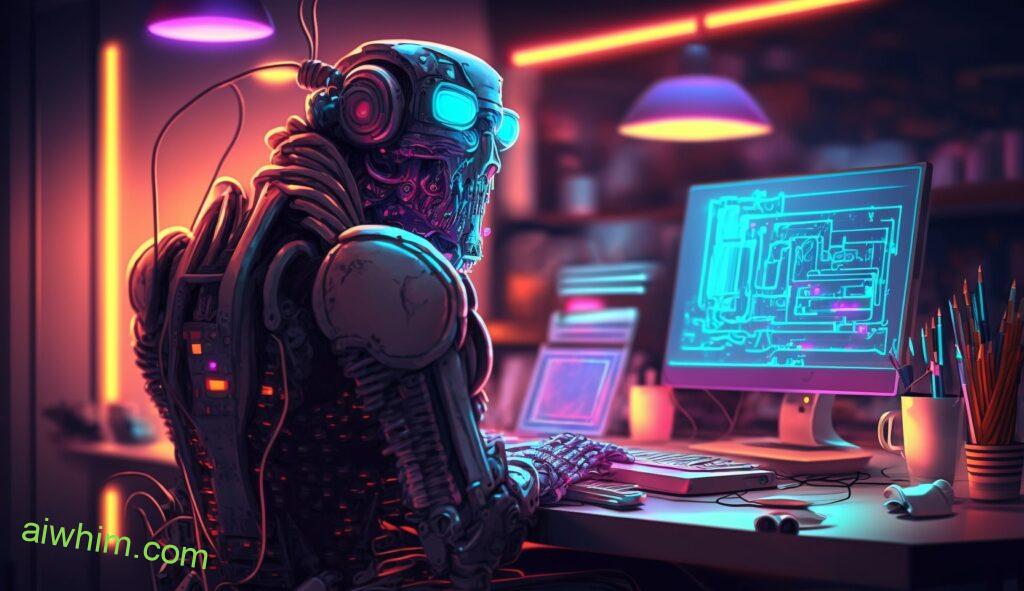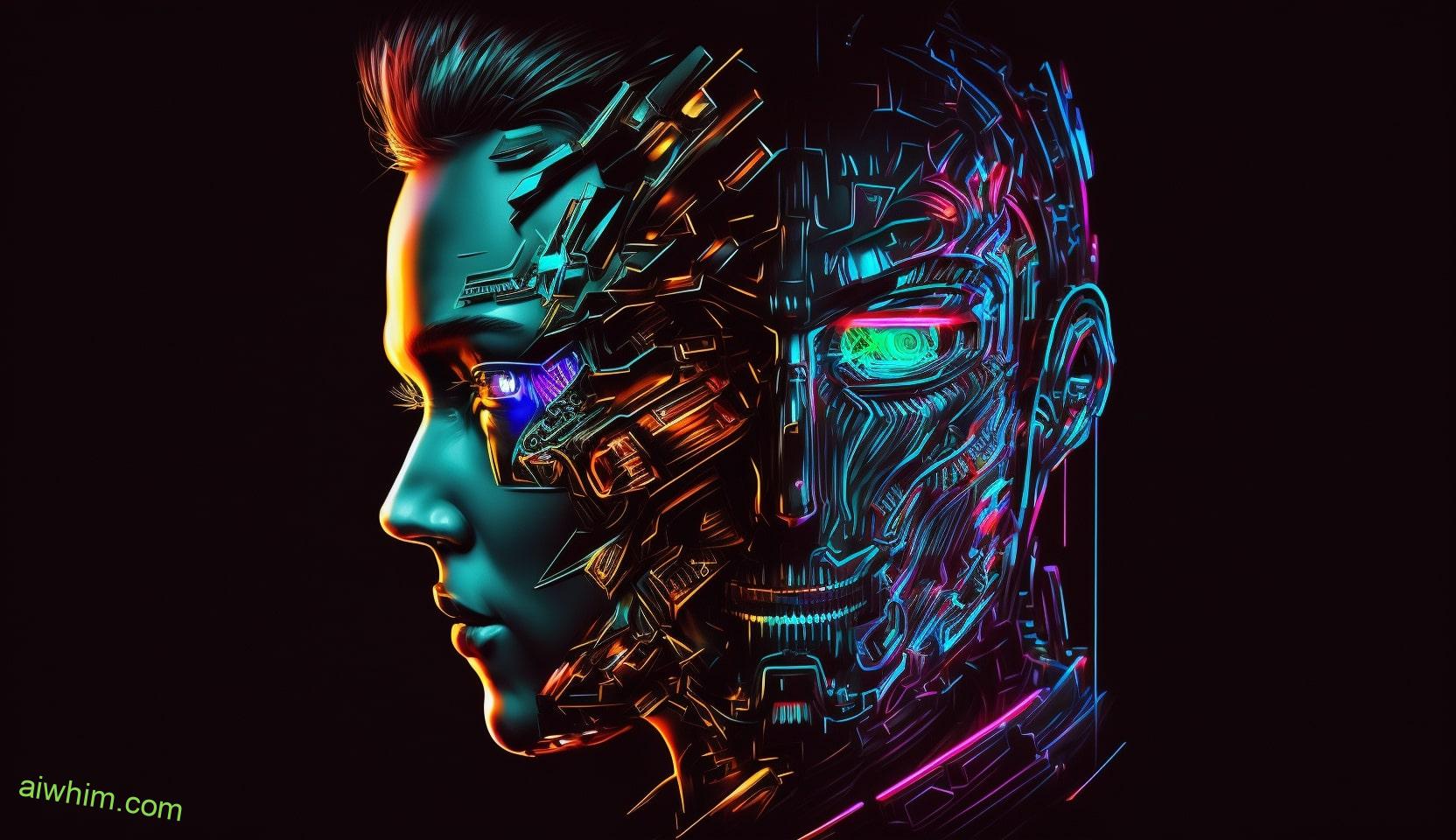Are you a lawyer wondering if Artificial Intelligence (AI) will take away your job? You’re not alone. In the era of technology, AI is quickly becoming an integral part of many industries, including law. Lawyers are right to be concerned about what this means for their future career prospects – but it’s important to understand the nuances behind the issue.
In this article, we’ll explore the risks that AI poses to lawyers and whether or not there’s cause for concern. We’ll examine how AI can help attorneys in their day-to-day work and look at some predictions from experts on where things may go in the coming years. Finally, we’ll discuss ways that lawyers can stay ahead of the curve when it comes to adapting to technological changes in order to ensure they remain relevant and valuable in a world increasingly powered by AI.
The implications of AI for lawyers should not be taken lightly – after all, our freedom depends on having strong legal protections! So read on to find out whether there there a risk that AI will steal your job as an Attorney or Lawyer.

By the way, if you are a Paralegal, I recommend this post instead, which looks at how AI specifically affects the paralegal profession. Further, I also have an article about AI and Chatbots in Law careers in general, that may be of interest.
Definition Of Artificial Intelligence (AI)
What is artificial intelligence, you ask? It’s an age-old question that still has no definitive answer. A popular definition is that it involves machines learning how to think and act like humans – but with much greater speed and efficiency. AI has been around for years now, from simple algorithms running on computers to deep learning networks capable of making decisions in real time.
AI can be used for many different things: from playing complex games like chess and Go, to autonomous robots driving cars or performing surgery. As the technology continues to evolve, so too do its applications. AI could soon be found everywhere, from financial institutions managing investments to retail stores helping customers find what they need.
But one thing remains clear: AI will never replace human intuition or creativity when it comes to problem solving or decision making. While AI might make mundane tasks easier and more efficient, there are certain areas where only people have the necessary skills and experience needed for success. And this includes law – your job as a lawyer isn’t about to disappear anytime soon!

By the way, we also have an interesting article about how AI may put the jobs of court reporters at risk. (Click to read.)
History Of AI In The Legal Profession
As Artificial Intelligence (AI) technology continues to develop, it stands to reason that its applications will expand into the legal profession. AI has already begun playing a role in various aspects of law, such as contract analysis and document review. Therefore, it is reasonable to assume there may be some risk associated with AI potentially stealing jobs away from lawyers. To better understand this issue, a brief overview of the history of AI in the legal profession is necessary.
The use of artificial intelligence for legal functions dates back to the early 2000’s when computer-aided technologies were first used for basic tasks like document review and eDiscovery. This was followed by more sophisticated machine learning techniques being applied for areas such as predictive analytics and automated document drafting. Today, many leading legal tech companies are using AI solutions for a variety of purposes including generating insights from large datasets and providing real-time advice on case outcomes. There are even startups focused solely on applying natural language processing and other forms of deep learning to provide legal services at scale.
Overall, while there’s no doubt that AI offers great potential in terms of improving efficiency within the legal industry, it should also be noted that machines are still far from replacing human expertise entirely in most cases. As such, although adoption of legal-AI tools might have an impact on certain types of jobs over time, fearmongering about robots taking all the jobs is simply not accurate or productive right now. The reality is that lawyers need to stay ahead of the game by embracing new technology if they want to remain competitive in an increasingly automated world.
Automation And Its Potential Impact On Attorneys and Lawyers
The advancement of automation and legal-tech has infiltrated the legal field, leading to major shifts in how lawyers work. With AI able to handle mundane tasks that once required a lawyer’s expertise, many are left wondering if their job is at risk of being taken over by technology.
Automation can be both a blessing and a curse for lawyers; it’s no secret that some aspects of law practice are tedious or repetitive – automating certain processes can help make them easier and quicker to complete. This can lead to increased efficiency and cost savings for firms and clients alike. On the other hand, there’s also potential for automation to reduce the need for human labor altogether, which could mean fewer jobs available for attorneys in the long run.
In this ever-evolving landscape, understanding how automation might impact your career as a lawyer is critical:
- Pros
- Increased efficiency & cost savings
- Automated filing & document retrieval systems
- Cons
- Potential decrease in demand for human labor
- Disruption in traditional legal services industry
From large corporate firms to small solo practitioners, all types of legal professionals must consider how automation may affect their business model – whether they want to embrace its advantages or try to find ways around it. Ultimately, embracing new technologies may be necessary in order to stay competitive in an increasingly automated world.

How AI Can Help Attorneys And Lawyers
Fortunately, AI can also be used to help lawyers. Legal-tech advancements are allowing law firms and legal professionals to use technology in a more efficient way. New opportunities for innovative solutions powered by artificial intelligence have opened up for businesses seeking legal services. These advancements allow lawyers to streamline processes and save time, giving them the freedom from tedious tasks that come with practicing law.
AI is being implemented in many areas of the law, including contract analysis, due diligence, document review, data mining, sentiment analysis and predictive analytics. For example, machine learning algorithms can now assist attorneys with reviewing large volumes of documents quickly and accurately identifying relevant passages or facts within those documents. This has enabled lawyers to focus on activities that require human input such as strategy development and client interaction without sacrificing accuracy or speed.
The potential uses of AI go beyond just contract review or document management – they could even extend into courtroom proceedings where AI may provide insight into how juries might perceive certain topics or evidence during trials. It’s clear that there is an immense amount of opportunity when it comes to leveraging AI in order to improve efficiency in the legal world; however, these innovations must be embraced cautiously and ethically if they’re going to benefit everyone involved – clients included.
As evidenced by its current applications as well as its potential future uses, AI innovation presents considerable advantages for both law firms and their clients alike but should only be utilized responsibly after considering all possible implications associated with their implementation.
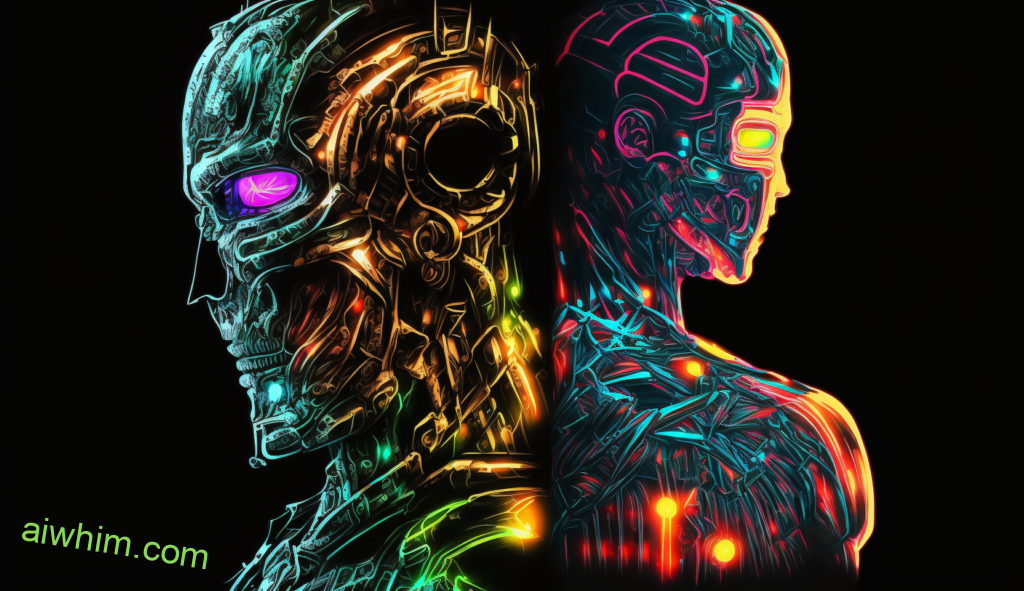
Challenges For Attorneys and Lawyers From AI-Innovation
The rise of legal-tech startups and the increasing prevalence of AI innovation have created a unique set of challenges for lawyers. The potential for automation to streamline processes, reduce costs, and improve accuracy has led many firms to consider adopting this technology in their practice. However, there are some ethical considerations that must be taken into account when using artificial intelligence (AI) solutions in law practices.
One major concern is the risk that AI could replace human judgment when making decisions on cases or contracts. This could lead to an erosion of trust between lawyers and clients as well as threaten job security for those working in the sector. Additionally, while AI can assist with tasks such as research and document comparison, it cannot provide legal advice or strategy like humans can. Therefore, it’s important to recognize that machines should only supplement rather than supplant traditional lawyer services.
As AI continues to become more prevalent in our society, lawyers need to take proactive steps to ensure they remain competitive and relevant in their field. By staying up-to-date with new trends and technologies, adapting quickly to changes within their profession, and leveraging their expertise where appropriate, attorneys can keep themselves at the forefront of legal services even amidst rapid advances in AI-innovation.
Advantages Of Working With AI For Lawyers
Lawyers should not be afraid of AI stealing their jobs. In fact, they can benefit from the efficiencies and cost-savings that legal-tech startups are achieving with artificial intelligence (AI). For instance, AI can allow lawyers to save time on mundane tasks such as document review and analysis or due diligence research. Moreover, it can free up more hours for higher value work like client strategy sessions or contract negotiation.
By leveraging data analytics with AI technology, lawyers can improve their accuracy in predicting outcomes and understanding trends. This helps them stay ahead of the competition by finding creative solutions for complex cases faster than ever before. Additionally, AI tools make everyday activities like billing clients easier and quicker too—allowing lawyers to spend less time on paperwork and focus more on providing quality services.
AI also offers a great opportunity to collaborate with other professionals across various industries. Through this collaboration, lawyers will gain access to valuable resources and insights outside of traditional legal practices—opening up new possibilities for growth and development within the profession. The advantages of working with AI far outweigh any risk associated with job loss; instead, it presents an exciting chance for lawyers to evolve alongside the latest technological advances in law practice today.

Disadvantages Of Working With AI For Lawyers
“The devil is in the details,” and this definitely applies to AI working with lawyers. Legal-tech startups are increasingly using automation to reduce costs, but there are many risks associated with it that could potentially hurt people’s livelihoods. For starters, automating processes can lead to a decrease in jobs available for lawyers. This means fewer job opportunities, which would be detrimental to those who rely on their legal career as an income source. Additionally, AI carries ethical implications because of its capacity to decide cases autonomously without any human oversight or input. This raises questions about accountability if something were to go wrong due to faulty algorithms or incorrect data sets being used by the AI system. Furthermore, implementing new technology also comes with financial risks such as investing too much money into an untested technology or not having enough resources allocated towards ensuring accuracy and functionality of the program. These potential issues should be taken seriously when considering whether or not to use automated systems within the legal industry.
Ultimately, while using AI can create more efficient practices and save time for lawyers and other legal professionals, there must be measures taken before implementation to ensure that no harm will come from its usage. To do so requires getting input from both technical experts and ethics specialists to identify any potential risks beforehand that may arise later down the line. Without doing proper research first, it would be easy for a lawyer or firm’s reputation to suffer irreparable damage if things went awry during operations due to negligence around technological advancement decisions. With all this said, it is clear that caution should always take precedent over convenience when introducing new technologies into the field of law – especially ones involving Artificial Intelligence (AI).
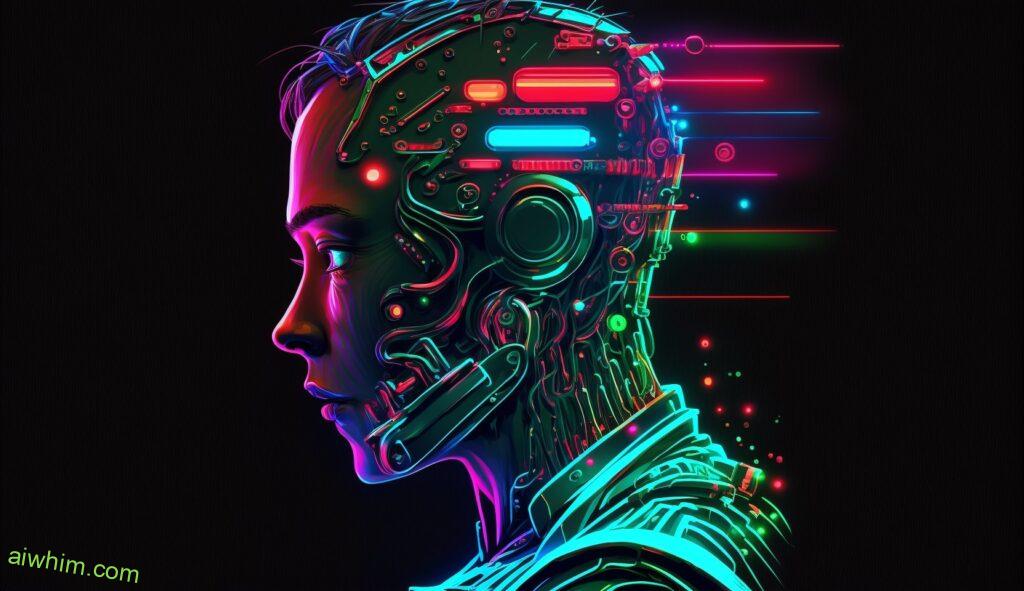
What Skills Will Lawyers Need To Compete With AI?
As Artificial Intelligence (AI) advances, lawyers are feeling the pressure of competing with technology. While the legal profession is not likely to become fully automated in the near future, AI and other legal-tech innovations have already begun impacting the industry. To remain competitive in this ever-changing landscape, lawyers must equip themselves with a set of skills that will allow them to thrive alongside AI solutions.
The most important skill for lawyers who want to compete against AI is understanding how technology works within the context of their practice area. Learning and applying AI-skills such as natural language processing or machine learning can give attorneys an edge over legal technologies developed by software companies. This doesn’t mean that all lawyers need to possess technical expertise; just having a basic knowledge about how these tools work can be enough for many professionals working with existing toolsets.
Lawyers should also focus on developing strong critical thinking abilities so they can make sense of large amounts of data quickly and accurately. With AI taking on some traditional tasks associated with lawyering, it’s more important than ever for attorneys to think creatively when addressing complex cases or challenging issues. Being able to analyze situations from different perspectives while keeping up with trends in their field can help lawyers stay ahead of the competition posed by automation technologies.
In order to remain relevant in today’s legal market, attorneys must commit themselves to staying current with advancements in both law and technology — especially those related to AI–and strive to develop innovative ways of using tech tools available at their disposal. Doing so will enable them to successfully compete against AI systems and keep up with the changing demands of clients in our increasingly digital world.

The Future Of AI In The Legal Profession
The answer to the question of whether AI will steal the jobs of lawyers is still up in the air. But what is certain is that AI and legal-tech are here to stay, bringing with them immense potential for innovation and disruption in the legal profession. From drafting contracts to conducting research, AI can revolutionize how law is practiced.
However, this also brings with it ethical considerations: Should a lawyer be held accountable if an AI system makes an incorrect decision? Will clients trust AI more than human practitioners? What rights should robots have when making decisions on behalf of humans? These are just some of the questions that need to be addressed as we move forward into this brave new world.
In order to remain competitive and relevant in the field, lawyers must embrace these changes by learning about AI technology and staying abreast of innovations so that they can make informed choices about their own career paths. The possibilities for growth and improvement within the legal sector thanks to AI are endless – but only if lawyers take steps now towards responsibly integrating it into their practices.
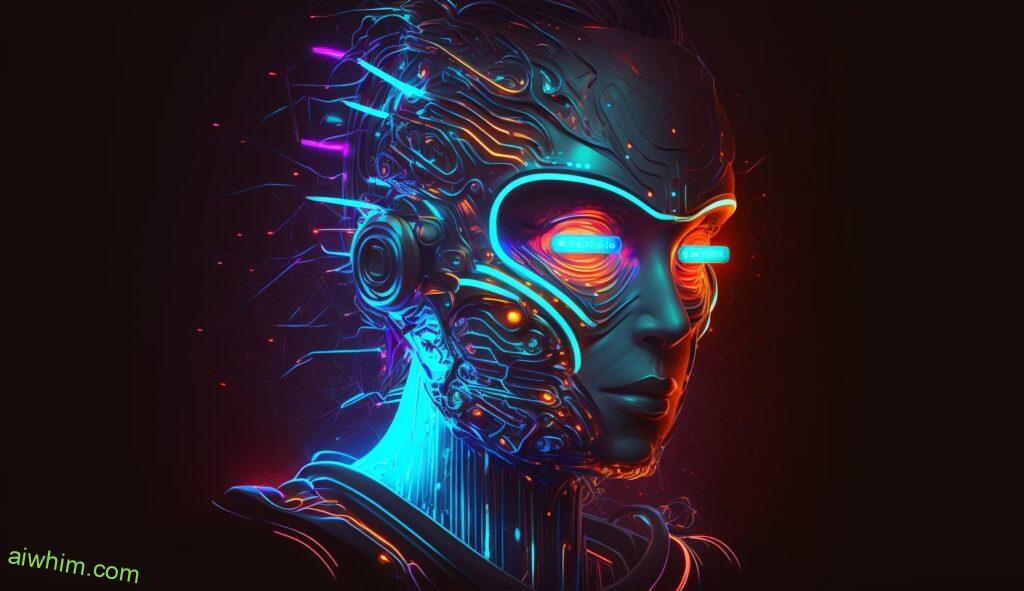
Regulations Aimed To Protect Attorneys’ And Lawyers’ Jobs
The fear of AI stealing lawyer jobs is like a dark cloud looming on the horizon. Law firms are increasingly turning to automated services and artificial intelligence, raising concerns among lawyers that their livelihoods could be at risk. The legal industry has now taken steps to ensure that this doesn’t happen by introducing regulations and legislation aimed at protecting lawyer’s jobs from automation.
Lawyers have long been worried about the impact of new technology on their profession, but governments have finally stepped in with measures designed to protect them. Legal scholars, regulators and experts in the field have all come together to draft policies which limit how much AI can replace humans when it comes to legal work. These rules provide guidelines for companies using machine-learning algorithms so as not to supplant existing human labour. This means that any task requiring judgement or opinion cannot be replaced by an algorithm – something only a qualified lawyer can provide.
While there remain questions around just how effective these laws will be, they are an important step forward in ensuring lawyers’ job security going forward. As AI continues to advance and become more sophisticated, these regulations offer some reassurance that while machines may take over certain tasks within the profession, they won’t completely eradicate demand for human lawyers anytime soon.
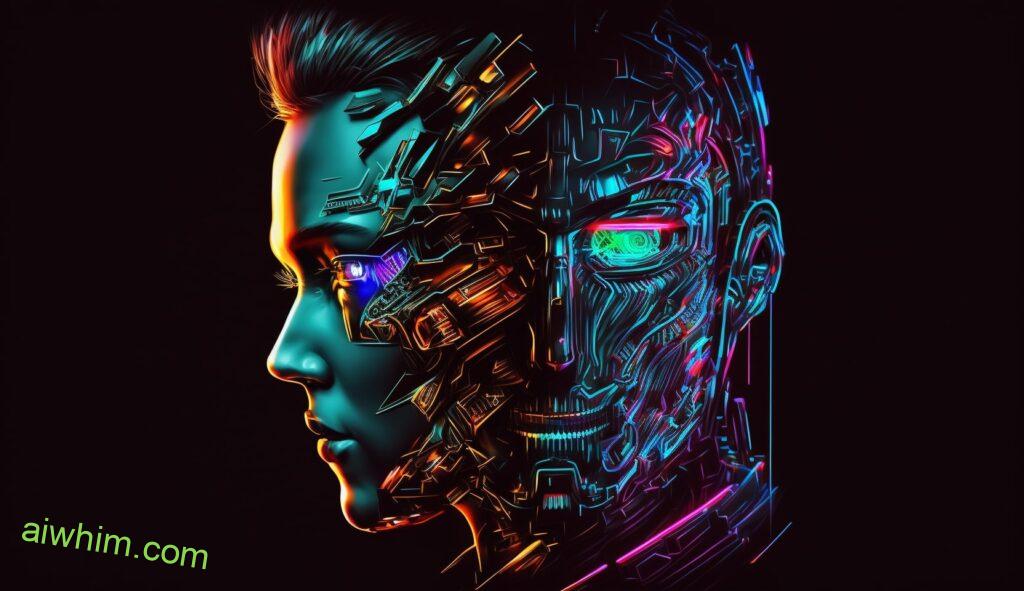
Ethical Considerations Related To AI
The ethical considerations related to AI are vast and complex. Artificial Intelligence has the potential to disrupt many industries, including law. As legal fields continue to adopt systems that use AI algorithms, it’s important for lawyers to consider the implications of such technology on their profession.
There is a risk that AI could replace some traditional lawyer roles in certain areas of practice. This could lead to job losses among those who lack the necessary skills or resources needed to keep up with the changing environment. Additionally, there is also an implicit concern about how this shift will affect access to justice if people can no longer afford legal services due to automation.
It is also essential for lawyers and legislators alike to think through the wider implications of using artificial intelligence in legal decision-making processes, as well as its impact on privacy and data protection rights. It is therefore imperative that these stakeholders remain vigilant when considering both the legal and ethical implications of deploying AI technologies within our society.
Ultimately, the role of humans in future legal proceedings should not be understated – we must ensure that any decisions made by automated tools are done so responsibly, fairly and transparently. The responsible deployment of AI requires effective oversight from all parties involved: governments, businesses and citizens alike have a duty to uphold ethical principles as they shape our world’s digital infrastructure going forward.

Pros And Cons Of Using AI In The Legal Profession
It’s understandable to be concerned that Artificial Intelligence (AI) could replace lawyers, but it doesn’t have to be feared; AI can actually help improve the legal profession. With advancements in legal-tech and ai-innovation, many law firms are able to save on time and resources by automating certain processes such as accounting or paperwork. This means more efficiency for attorneys and their clients alike.
Legal startups are also utilizing AI tools to create intelligent solutions that make the practice of law easier and faster. For example, automated document review technology allows attorneys to quickly scan through large volumes of documents and identify relevant information. Additionally, AI can streamline research tasks so that lawyers spend less time combing through case law looking for answers.
Overall, incorporating AI into the legal field offers significant benefits that can lead to greater accuracy, productivity, cost savings and organizational success. Lawyers must embrace this new reality if they want to remain competitive in the ever-evolving legal landscape. It is no longer enough to simply rely on traditional methods – those who adapt will thrive!
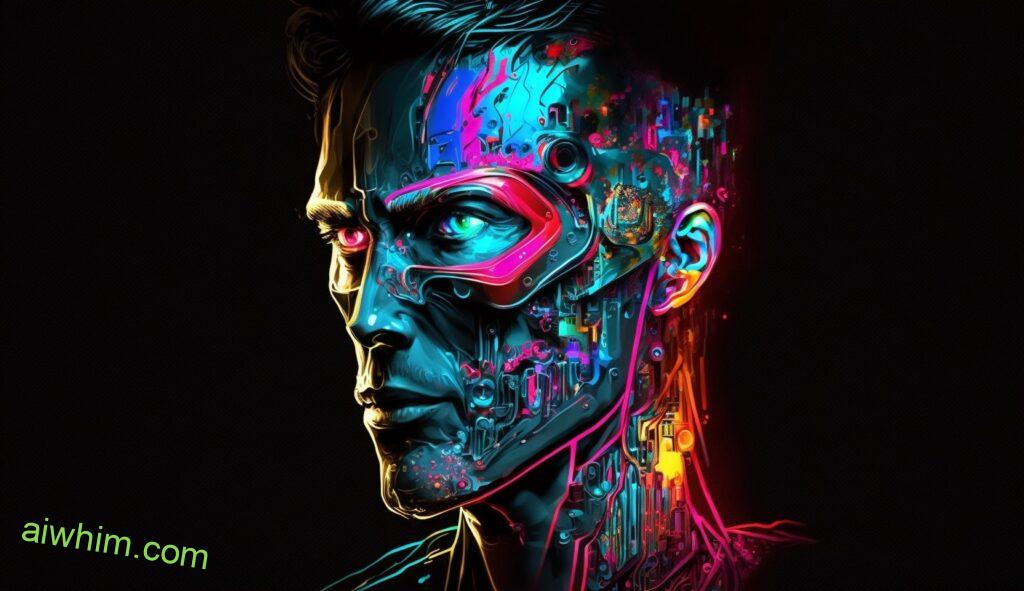
International Developments In Regards To Legal-Tech And AI
The international legal landscape is rapidly evolving in regards to the use of technological advancements and Artificial Intelligence (AI). Legal-tech startups are leveraging AI algorithms to streamline processes, while countries around the world are creating regulations to protect citizens from potential harms posed by AI.
In 2018, South Korea passed a law requiring companies that develop or operate ‘automated decision systems’ with AI technology to register them with the government. This regulation was created due to concerns about accuracy and fairness regarding automated decisions such as loan approvals or job interviews. Additionally, China has also recently implemented laws governing the development and use of AI for civil purposes. These new laws require developers of certain types of AI applications to obtain licenses from the Chinese government before being able to sell products or services containing these technologies.
Meanwhile, other nations including France, Germany, Australia, Canada and Japan have all proposed similar regulations aimed at protecting their citizens from misuse of AI technology. As more countries join this trend towards regulating the advancement and usage of artificial intelligence on an international scale, it’s becoming increasingly clear that governments are taking steps towards ensuring ethical standards when it comes to how we interact with this powerful tech. With these changes happening so quickly, there’s no doubt that lawyers will need to become familiar with both legal-tech startups and national regulations surrounding aspects like data privacy if they want stay competitive in their field going forward.

Examples Of Legal Tech Startups Using AI Today
As we progress further into the 21st century, legal-tech startups are increasingly utilizing artificial intelligence (AI) powered software to automate many of their services. AI can be used for a variety of purposes in this field including automating document review and analysis, helping lawyers identify potential case outcomes or enabling them to better analyze an array of data points. Companies like LawGeex, Kira Systems, ROSS Intelligence and Neota Logic have all found success launching products that integrate machine learning capabilities with legal services.
LawGeex is the leading provider of automated contract reviews using AI technology. It’s cloud-based platform allows users to upload contracts which it then analyzes against pre-defined parameters set by the user such as restrictions on indemnification or insurance requirements. The system alerts users if there are any issues with the uploaded documents before they sign off on them.
ROSS Intelligence has developed an AI lawyer named Ross who is capable of answering questions about US law posed in natural language queries. Ross uses IBM Watson’s cognitive computing power along with its proprietary algorithms to search through millions of documents from state and federal case law databases looking for relevant answers based on your query. This product enables attorneys to research more efficiently while also allowing non-lawyers access to basic legal information without having to hire an attorney.
The use of AI in the legal sector shows no signs of slowing down anytime soon; legal tech startups will continue introducing innovative solutions that leverage automation in order to improve efficiency within the industry. Whether it’s reviewing contracts faster than humanly possible or providing personalized advice tailored specifically to individual cases, these companies are revolutionizing how people interact with the law.
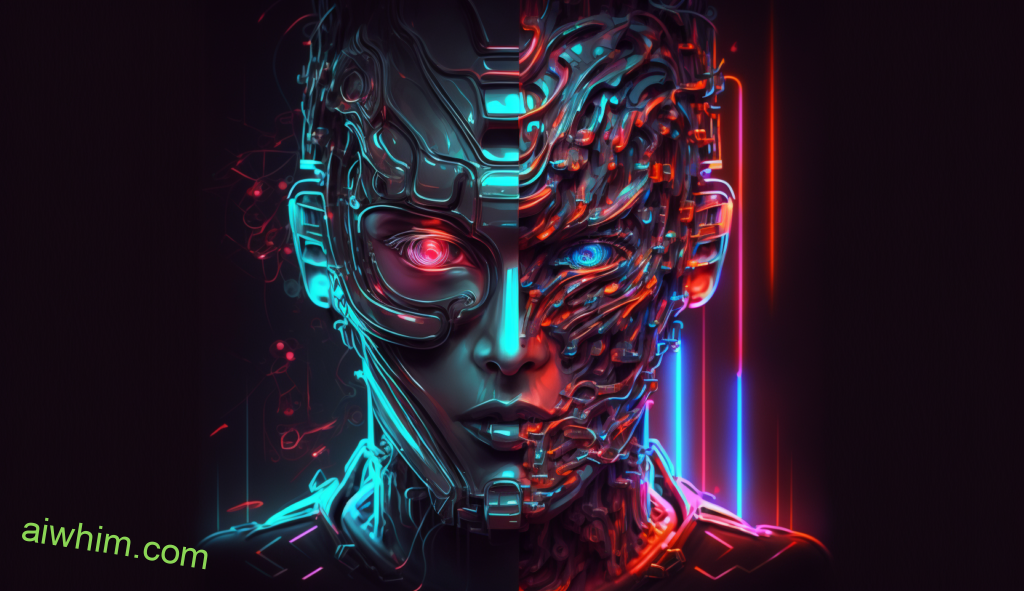
Conclusion
In conclusion, it’s clear that artificial intelligence (AI) is having a significant impact on the legal profession. The impact of automation and AI-innovation can be both positive and negative for attorneys and lawyers. On one hand, AI can automate mundane tasks freeing up more time to focus on complex legal issues; however, there are risks associated with relying too heavily on technology as well.
It’s important to investigate the truth of this theory in order to better understand how AI will affect future jobs in law. By understanding the opportunities presented by AI and taking advantage of them appropriately, lawyers may find themselves able to offer better service at lower cost than ever before. However, if they fail to do so, those same advances could make their work obsolete.
Overall, although there is still much uncertainty about what exactly the effects of AI will be on the legal industry in the long run, one thing is certain: Lawyers must stay ahead of the curve if they want to remain competitive in this quickly changing landscape. Therefore, it’s crucial to invest resources into learning about current developments in legal tech and Artificial Intelligence now in order to prepare for any potential disruption down the line.
Author: Ole Paulson
Author Bio: I’m Ole and on this website, I share everything there is to know about Artificial Intelligence, and useful tips for using AI to our advantage. I have a background in data science and research and have been following the AI-space for years. You can read more about me in the “About” page.

